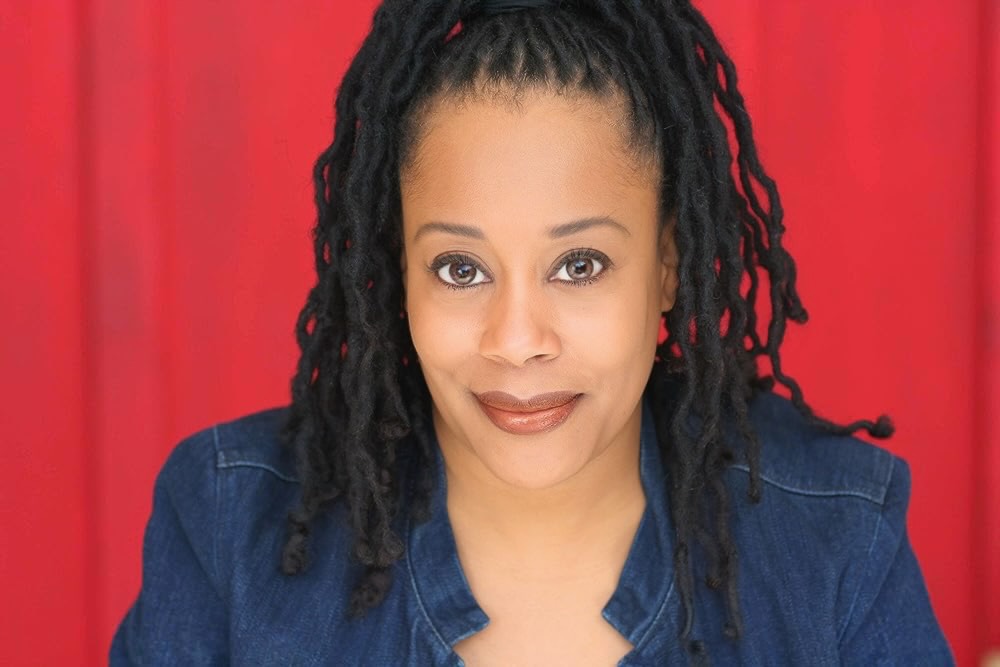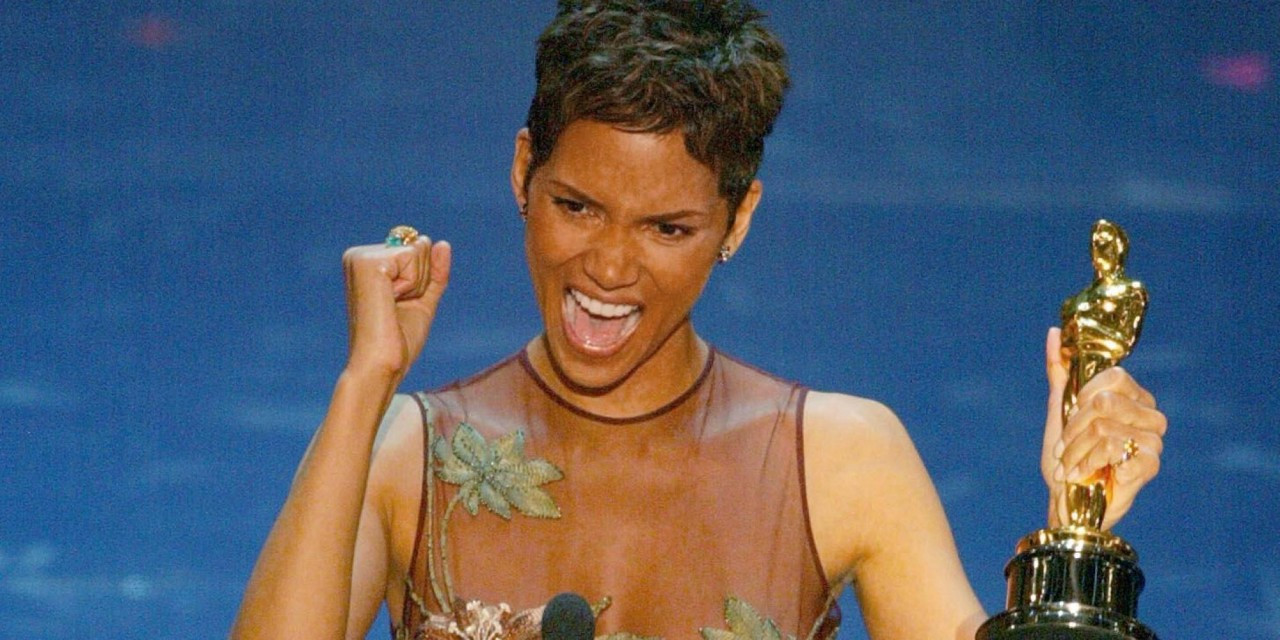We are republishing this piece on the homepage in allegiance with a critical American movement that upholds Black voices. For a growing resource list with information on where you can donate, connect with activists, learn more about the protests, and find anti-racism reading, click here. #BlackLivesMatter.
It could be argued that the image of the African-American women in film has progressed over the decades due to the increasing power of women and people of color behind the scenes. One would believe that a change has finally come to Hollywood arguing enormous strides being made, as record numbers of black women are power players and taking an active role in controlling how our narrative and images are being played out on the screen.
When Halle Berry took home the Oscar in 2001, there was reason to hope the tide had shifted. Even Berry exclaimed in her acceptance speech “… now the portal has been opened.” That was nearly 20 years ago and Halle Berry is still the ONLY African-American woman to take home the coveted award in that category.
As a matter of fact, in the 91-year-old history of the Academy Awards, only 14 women have been nominated and or won as Best Actress or Best Supporting Actress. Brilliant, beautiful actresses Halle Berry, Dorothy Dandridge, Diana Ross, Diahann Carroll, Viola Davis, Octavia Spencer, Taraji P. Henson, Oprah Winfrey, Whoopi Goldberg, Lupita Nyong'o, Mo’nique, Jennifer Hudson, Gabourey Sidibe and the first recipient ever…Hattie McDaniel. To date, Irene Cara is the only woman of color to win in Best Song category, for 1993’s “Flashdance … What a Feeling.”
Thank goodness for filmmakers/producers like Spike Lee, Tyler Perry, John Singleton, Ava DuVernay, Ryan Coogler and Barry Jenkins. For it is through their projects and lens, we’re able to visualize, with some sense of familiarity, women who are reminiscent of real people from our community.

Not to mention the recent wins in the categories of Costume and Production Design for Ruth E. Carter and Hannah Beachler for Marvel’s “Black Panther,” which illustrates brand new progress in completely different lanes for women of color behind the scenes. These women can control our images through wardrobe and environment sharing culture that doesn’t fit the stereotypical norm.
Ava DuVernay’s historic Golden Globe nomination for the Civil Rights drama “Selma” (produced alongside Oprah Winfrey) and her two other firsts of winning the Sundance Film Festival’s Best Directing Award and directing her first Disney project (“A Wrinkle in Time“) for $100 million was enormously encouraging. For the first time in history, women of color were allowed to shatter a different type of glass ceiling in order to change the trajectory of our images on-screen. Through her films, DuVernay has illustrated women of color as strong, resilient, beautiful and resourceful. She shows that we come in all colors, shapes, sizes and personas. We are shown as members of the human race and not second-class citizens or characters who simply show up for comic relief.
Even Halle Berry, since her historical win, has taken a step behind the camera, producing the 2005 “Lackawanna Blues” for HBO (resulting in an Emmy Best Actress win for S. Epatha Merkeson) and the 2010 indie film “Frankie and Alice,” a true story highlighting mental illness in the African-American community from the vantage point of a woman.
Breaking the Oscar curse, Academy Award-winner Octavia Spencer has not been one to fade into the background after her win. Playing everything from a maid to a scientific mathematician, Spencer is flexing her muscles behind the camera. In order to create more opportunities for women of color to be cast and work as directors, Octavia recently committed to producing “Coffee Will Make You Black” starring Gabrielle Union and directed by Deborah Riley Draper, the suspenseful thriller “MA” and “On Her Ground,” based on the life of hair titan Madame C.J. Walker.
However, with every progressive moment there is always a moment in time or a decision that goes down which threatens to undermine the very progress, equality and respect we are fighting for in Hollywood on and off the screen.

When Zoe Saldana was attached to star and produce a film loosely based on a relationship with Nina Simone and her personal assistant Clifton Henderson, many in the community were outraged. Why? Mostly due to the fact that Saldana donned dark makeup to portray the icon. How is this problematic to the image of black women? The problem is Nina Simone was one of the most famous faces of the Civil Rights Movement and took much pride in being a woman of color.
Nina Simone, in the ’60s and ’70s was the poster child for the quintessential image of the Black women in America. As much as I believe Saldana simply just wanted to share a “love story,” this decision again solidified the cluelessness of power players failing to understand how disrespectful and damaging this all felt was disappointing and unbelievable on many levels. This could have easily set a precedent regarding how our image is conceived and maintained being portrayed on and off the screen.
The bottom line is until we reach a time in America when the art reflects life as we see it on the regular, there will always be a battle to fight. Thank goodness the sistas of this generation are making a point not to let us retreat to a time where black women were not valued and treated as second class citizens. A time where the only roles we were allowed to be seen on screen as were maids, vixens, criminals and comic relief with no real sense of self-worth or self-respect. Nowadays, women of color can be seen onscreen as scientists, lawyers, medical professionals, entrepreneurs and so much more than a caricature of an imagination not created by or for US. It’s been quite refreshing to watch us being reflected like the women Oscar winner Regina King, Aunjanue Ellis and Kiki Layne portrayed in “If Beale Street Could Talk.” I’m here for all of it and looking forward to a time where the color of our skin doesn’t dictate how the image is crafted for the actresses or by the actresses. Time’s Up, Hollywood … recognize!












